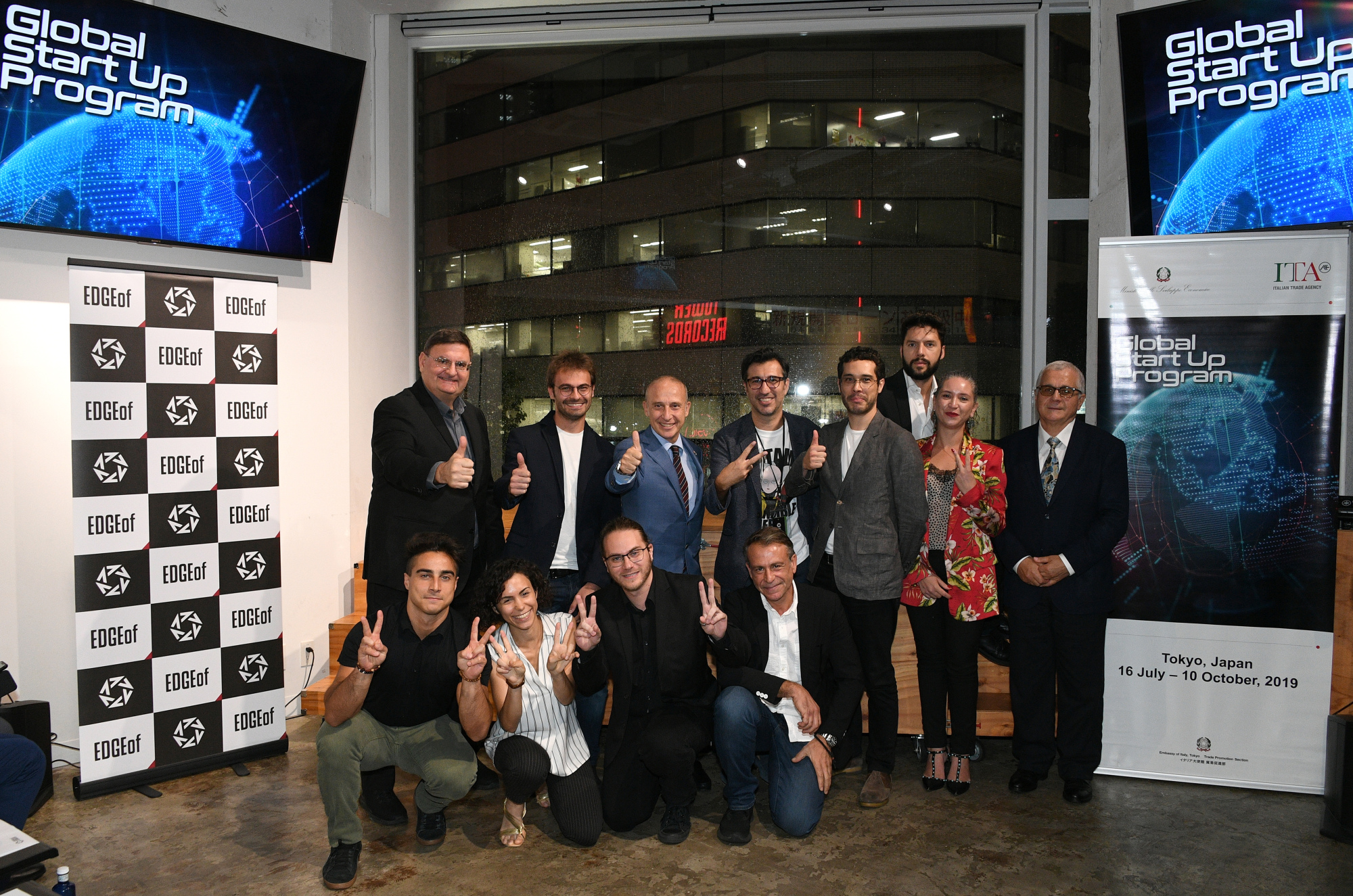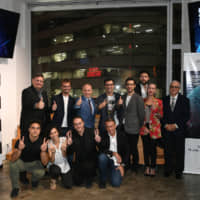The “Made in Italy” brand is synonymous with excellence. Signifying exceptional manufacturing and artisanship — traditionally in sectors such as mechanical engineering (for example, Ferrari), furniture, fashion and food — it is envisaged that the brand will soon be associated with the country’s innovative startup industry.
Such is the thinking behind the Italian Trade Agency (ITA-ICE), which supports the business development of Italian companies abroad, as well as promoting foreign investment into Italy.
Italy’s startup sector was said to number close to 10,000 companies in 2018, employing just over 52,000 people and producing a value close to €1 billion in total turnover.
Partnering with the Italian Ministry for Economic Development, the ITA-ICE in 2019 launched a Global Startup Program (GSP), where startups spend approximately three months in a foreign country incubator. Selected participants exchange views and ideas with like-minded entrepreneurs, find investors, or codevelop or cofinance their businesses.
Japan was one of six host countries chosen for the GSP initiative, alongside China, Korea, Slovenia, the United Kingdom and the United States.
The timing of the program is fortuitous. Italy and Japan are experiencing positive business sentiment and a boost in export figures — a 12.9 percent year-on-year increase during the first quarter of 2019 alone — due largely to the EU-Japan economic partnership and strategic partnership agreements that entered into force on Feb. 1.
The eight innovative startups chosen for the program hope to emulate the success of ID Solutions Srl, an Italian startup radio frequency identification system integrator acquired by Murata Manufacturing Co. in 2017, or that of GiPStech, an Italian startup utilizing natural geomagnetic field technology. GiPStech is working with NTT Data Corp. on advanced indoor localization technologies and applications that are effective when GPS data is unavailable.
“The (GSP) project is aimed at improving the quality of the Italian startup ecosystem,” said Embassy of Italy in Japan Head of the Trade Promotion Section, Aristide Martellini, at a September pitching event for the Japan-based GSP entrepreneurs.
“Reports that the entrepreneurs compile about their Japanese activities will be shared to further study how startups can be better supported in Italy, as well as briefing Italian startups on how to promote their ideas (to businesses and investors) in foreign countries,” he added.
Also speaking at the event, panelist Maurizio Raffone, founder and CEO of Finetiq Ltd., stressed similarities between Italian and Japanese startup culture.
“The resilience and ability of Italian entrepreneurs to establish business and trust is very high. We don’t have a very Anglo-Saxon approach where everyone gives you the benefit of the doubt. You really have to prove yourself,” he said.
“I think the Japanese mindset is quite similar; … Japanese entrepreneurs want to prove themselves. They’re very methodical, organized. I think what you will see is (because of) those similarities they could actually attract each other,” he said about the potential for bilateral codevelopment.
The GSP startups in Japan, who are nearing the end of their three-month program, have been based at EDGEof, a Shibuya-based leading incubator and venue for the pitching event, which was launched by Ambassador to Japan Giorgio Starace and attended by over 100 members of Japan’s startup, corporate and venture capitalist community.
EDGEof Co-CEO Alex Odajima helped the group hone their pitching skills in Fukuoka at an event held at private-public startup accelerator Fukuoka Growth Next.
Manager of the ITA-ICE’s Foreign Direct Investment Desk in Tokyo, Hitoshi Seki, notes that Dealroom.co, a platform that helps investors and tech companies connect and share data across the tech investment life cycle, quoted startup investment in Europe at €27.8 billion for 2018, with €500 million earmarked for Italy. Italian startups could therefore be seen as “good value for money,” especially for corporate investors focusing on the potential of new technology as opposed to making a quick profit.
While most Italian startups are concentrated on information and communication technology development, the medtech sector and life science vertical of interest is also thriving due in part to accelerator programs and events such as BioInItaly and Meet in Italy for Life Sciences.
Regions boasting high biotech productivity such as Lombardy, Lazio, Piedmont and Tuscany are developing their own clusters. Toscana Life Sciences and Lazio Innova are just a few of the organizations conducting research and promoting the creation of innovative companies in the life sciences vertical.
Italy’s strength in and passion for manufacturing is also reflected in a large number of startups in sectors and verticals such as smart cities, aerospace and the circular economy.
Interested in learning more about Italian startups? The Foreign Direct Investment (FDI) Desk at the Trade Promotion Section of the Italian Embassy in Tokyo has compiled a list (in Japanese) of about 500 Italian startups that have attended startup-related events over the past three years. Each startup is summarized in two to three lines:
http://www.ice-tokyo.or.jp/fdi
Venture capitalists or those with a track record of mergers and acquisitions may apply for subsidized funding for airfare and accommodation costs to attend startup events held in Italy. Contact [email protected] for further details.





